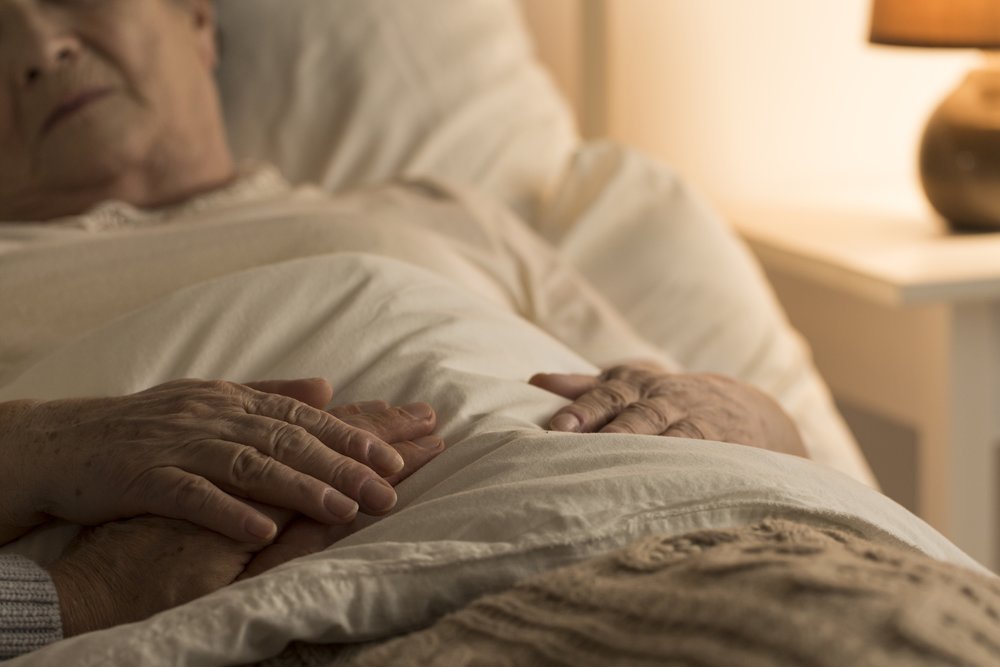
packages
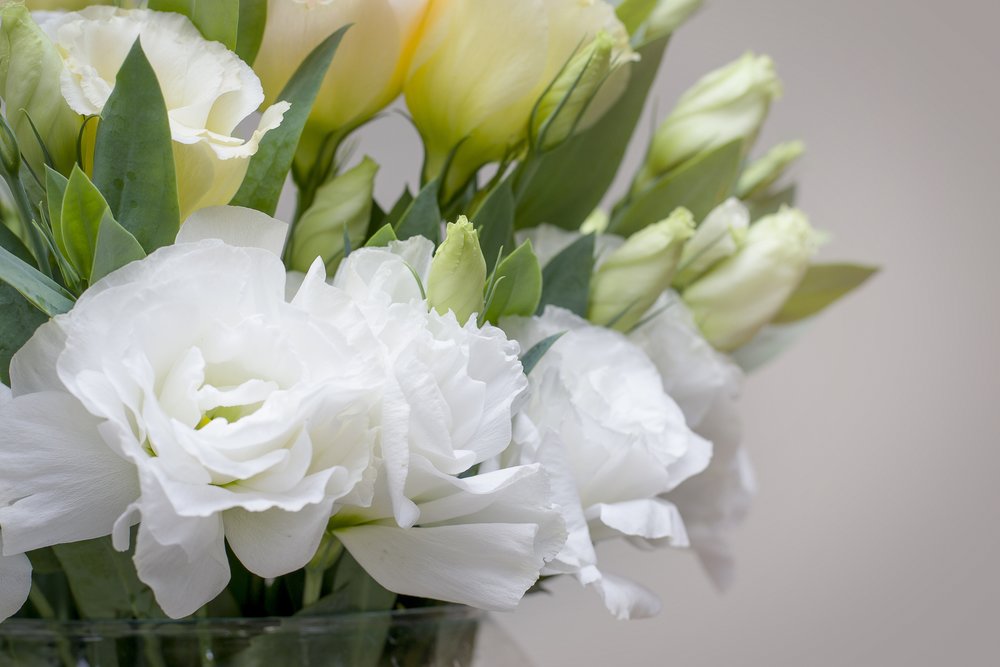
home funerals
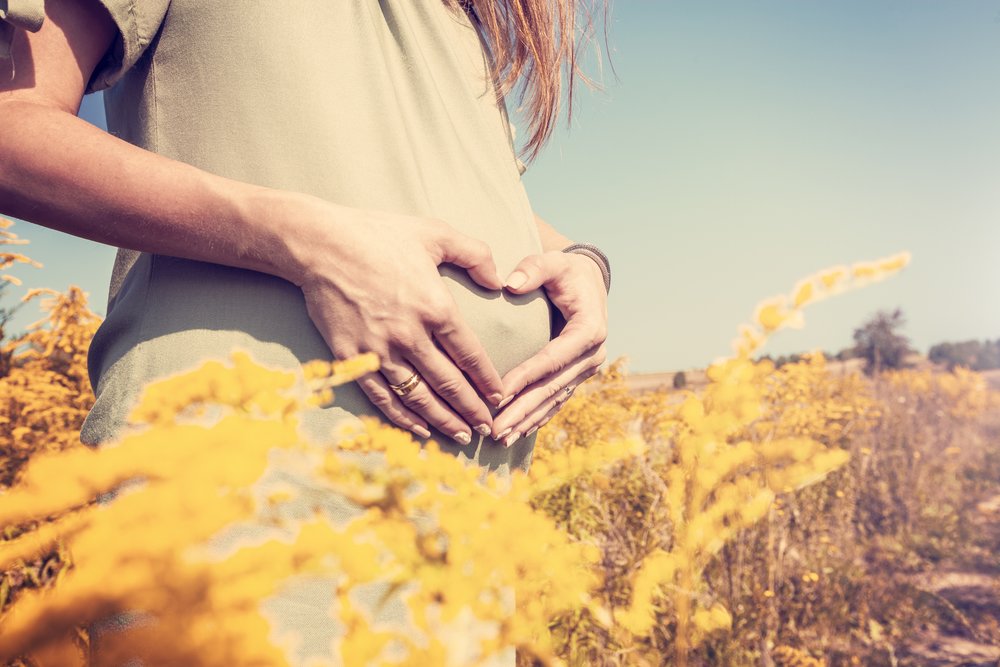
infancy & pregnancy loss
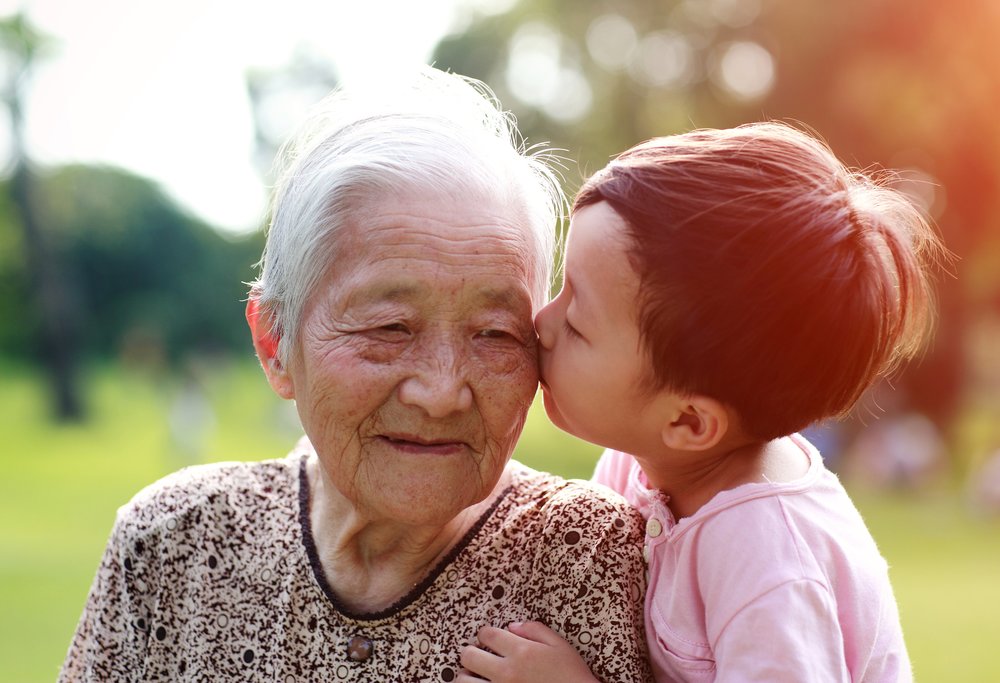
kids corner
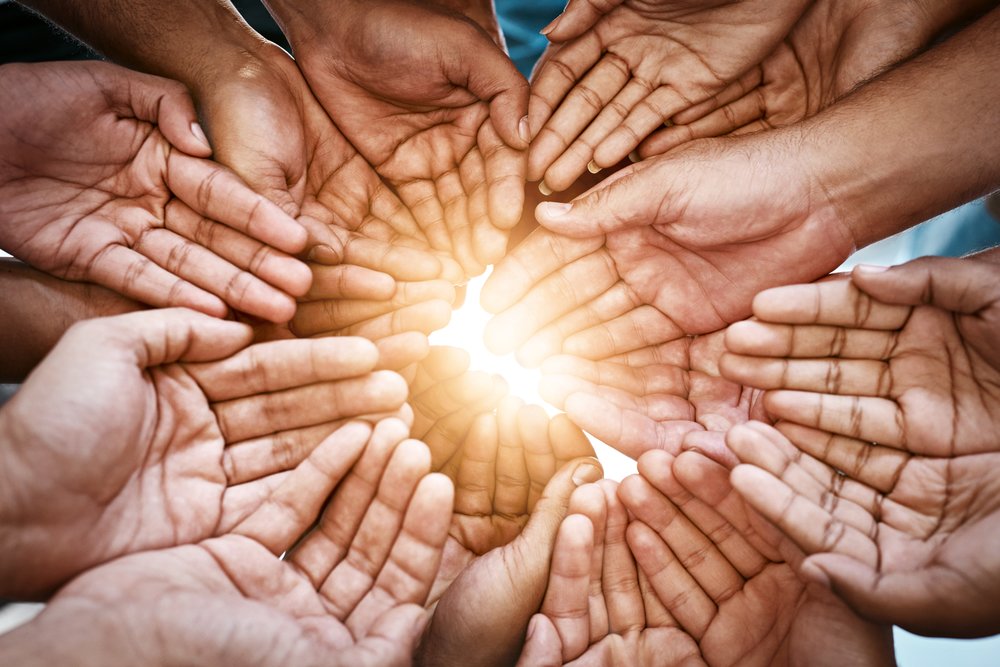
community education
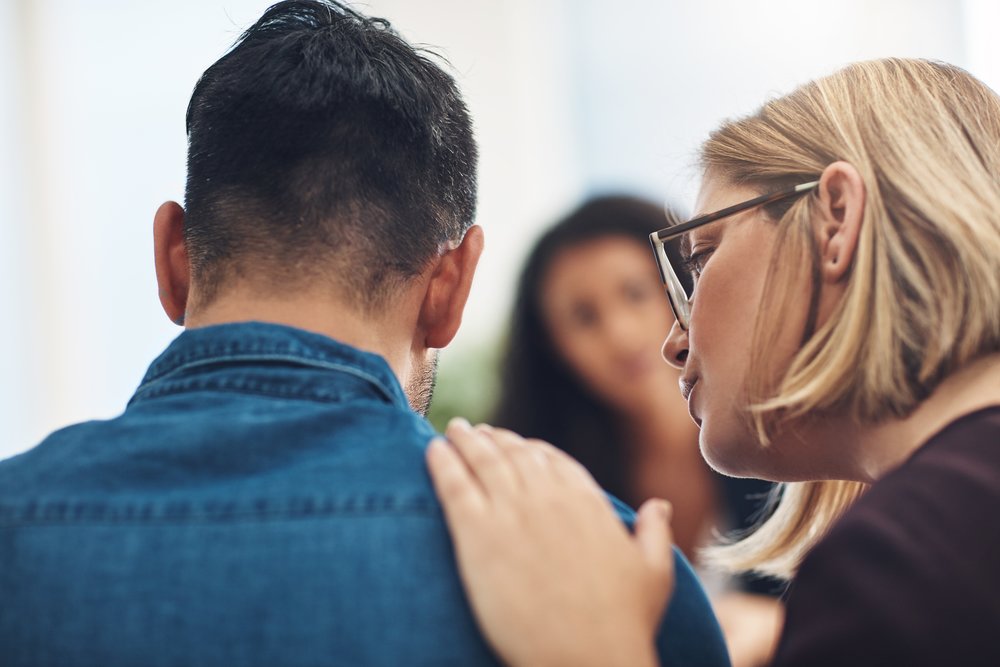
other services
Death Education for Children
“We are powerless to control the losses and catastrophic events our children may experience, but by honouring their inner wisdom, providing mentorship, and creating safe havens for expression, we can empower them to become more capable, more caring human beings.”
-Dr. Linda Goldman
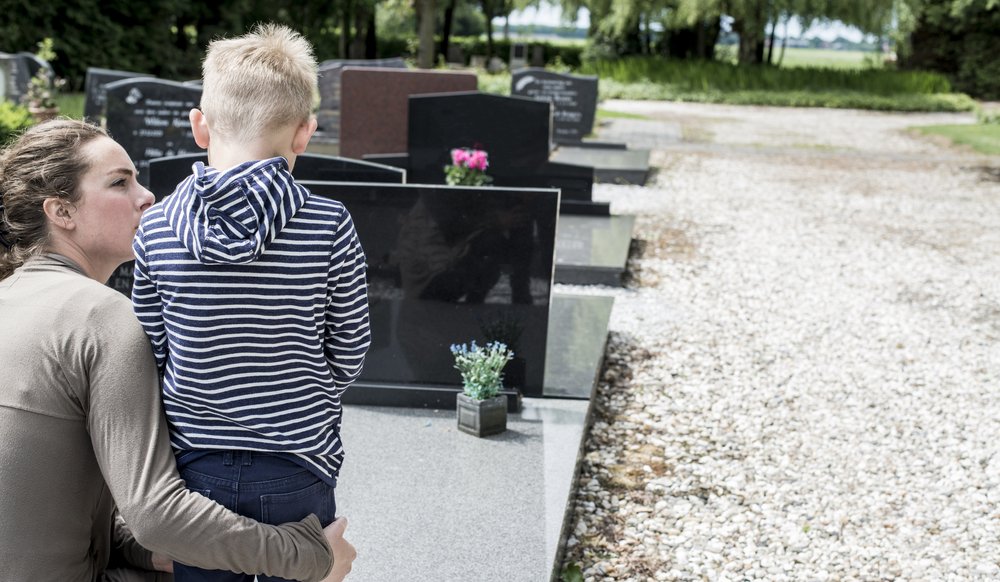
Things such as the loss of a friendship, the loss of a pet, moving schools (and losing friends), abuse, and rejection can be sources of loss.
The Community Center for Death Care and Education provides a proactive approach to help prepare children of all ages for losses that they will inevitably encounter, providing them with the tools needed to face significant losses in the healthiest way possible.
Historically, grief was considered something that a person needed to “get over,” and the goal was to “sever the ties with the deceased.” Today we realize that grief is a process of adapting to a new world in which the person now lives – one without the deceased loved one. Although difficult, grief is a normal, desirable, and healthy response to loss.
It is important to speak honestly, simply and authentically when talking to young people about loss and grief.
When children are faced with tragedy in their lives they may not have role models on which to rely. They recognize that these topics make the adults around them uncomfortable and so they hesitate to ask questions. Children may be shocked and overwhelmed by their strong emotional response to loss if no one has ever told them that it is normal to be upset, confused, and sad.
It is not possible to insulate and protect children from the traumas of loss, death, bereavement, and grief. After a death or tragedy, children have the same basic need to make sense of the world and their place in it as adults do. Therefore, it is important to speak honestly, simply and authentically when talking to young people about loss and grief.
The Community Centre for Death Care and Education understand that people grieve in their own unique way, and that there are differences in the way people handle losses. We recognize and respect the customs and beliefs of different cultures. We teach that help is available and that it is okay to seek help in finding ways to go on with life. We provide guidance on how to give and receive social support in loss situations. We provide education on how different people honour the dead in different ways and how various cultures have different beliefs about death.
The Community Center for Death Care and Education help children by using age-appropriate language to talk about the situation. Children need language to be able to understand that: When children are not given correct information on what has happened they will create their own story.
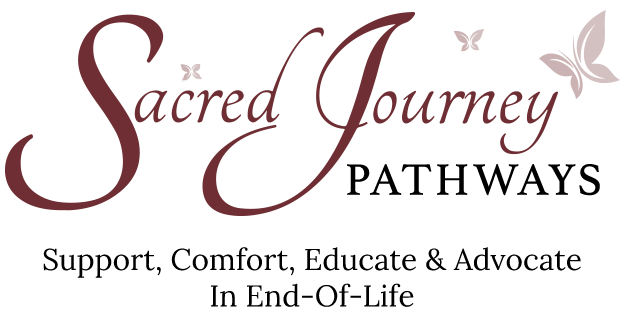

 Affiliations
Affiliations



